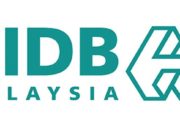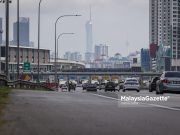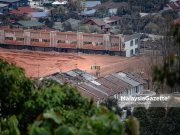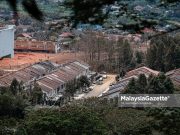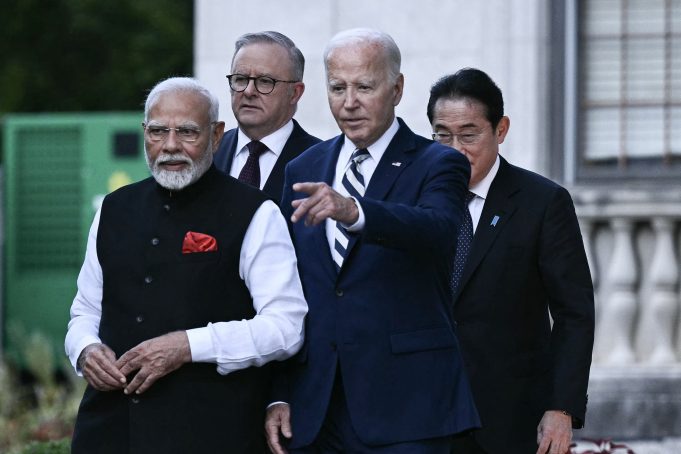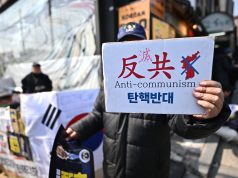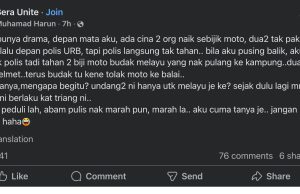WILMINGTON – US President Joe Biden was caught on a hot mic Saturday telling the leaders of Australia, India and Japan that an aggressive China is “testing us,” in remarks that risked undercutting a summit declaration that carefully avoided mentioning Beijing by name.
Biden said that while Chinese President Xi Jinping was focusing on “domestic economic challenges” he was also “looking to buy himself some diplomatic space, in my view, to aggressively pursue China’s interest.”
But he insisted that recent “intense efforts” by Washington to reduce tensions, including a call with Xi in April, were helping to prevent conflict.
The hot mic blunder risked undermining careful diplomatic efforts by all four countries during the summit to insist that their grouping is about more than just providing a counterweight to China.
In their joint statement after the summit, the four leaders made no direct mention of China, even as they expressed concern over tensions on its borders.
“We are seriously concerned about the situation in the East and South China Seas,” their declaration said.
The leaders condemned “coercive and intimidating maneuvers” in the South China Sea — where China has been at odds with the Philippines and other nations over its maritime claims — but without saying whose maneuvers.
Disputed islands in the East China Sea have meanwhile long been a source of tensions between Japan and China.
Instead the leaders used veiled statements, as they have on previous occasions, about keeping the region “free and open” and talking about geopolitical “challenges.”
The other shadow hanging over the summit was November’s US presidential election, with the isolationist former president Donald Trump in a tight race against Biden’s political heir Kamala Harris.
Biden insisted that the group would survive whatever the political situation.
“While challenges will come, the world will change because the Quad is here to stay,” Biden told the leaders in his public remarks before journalists were ushered out.
Asked by reporters if the Quad would make it past the November 5 election, Biden replied: “Way beyond November. Way beyond November.”
India’s Modi made a similar pledge — in a commitment that will be welcomed by Washington, Canberra and Tokyo as they court the historically non-aligned New Delhi.
“Our message is, the Quad is here to stay,” said Modi, who is due to host next year’s Quad summit in India.
Biden, who bowed out of the US presidential election in July after concerns about his age, filled his farewell summit with personal touches.
The four-way summit took place at his former high school in Wilmington and he earlier opened up his home in the city for private, one-on-one talks with each of the leaders.
“I am really pleased that you were able to be in my home and see where I grew up,” he said.
The leaders also announced investment into fighting cervical cancer for Biden’s “Cancer Moonshot” initiative — again a deeply person project as his eldest son Beau died of brain cancer.
The media were given no access to the private meetings at Biden’s home.
Biden posted pictures on social media of him with Albanese and then with Kishida in a wood-paneled drawing room in his house, and showing them the view of a lake from a veranda.
The White House said the summit reflected the way Biden prioritized international alliances.
There are growing questions about what would happen if Trump — who has threatened to pull the United States out of groups like NATO while praising the leaders of Russia and North Korea — returns to the Oval Office. – AFP

